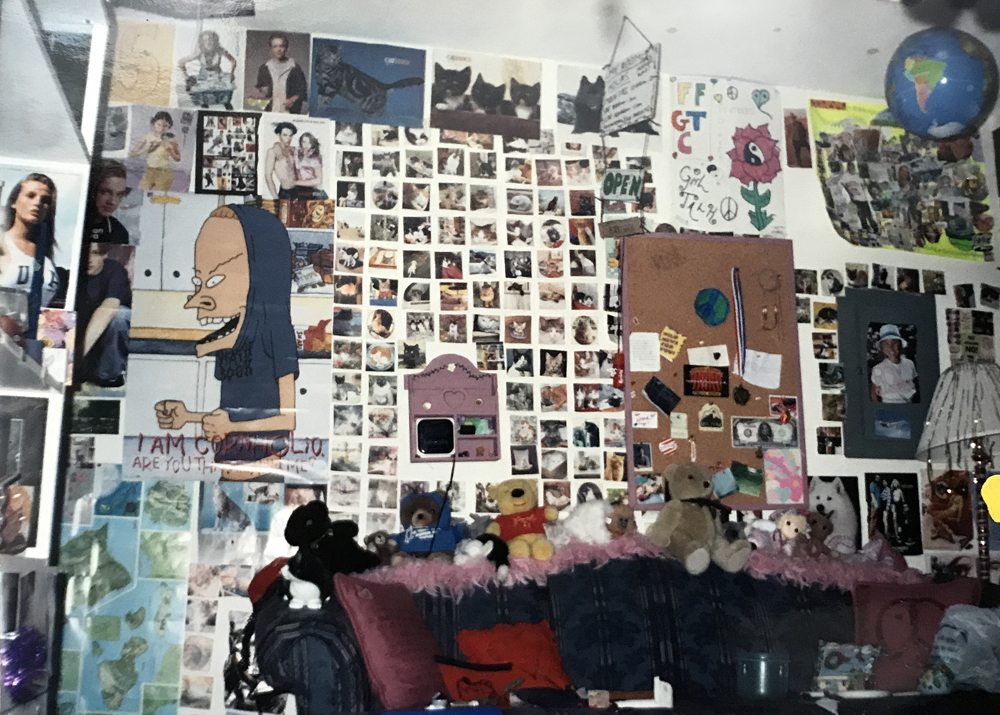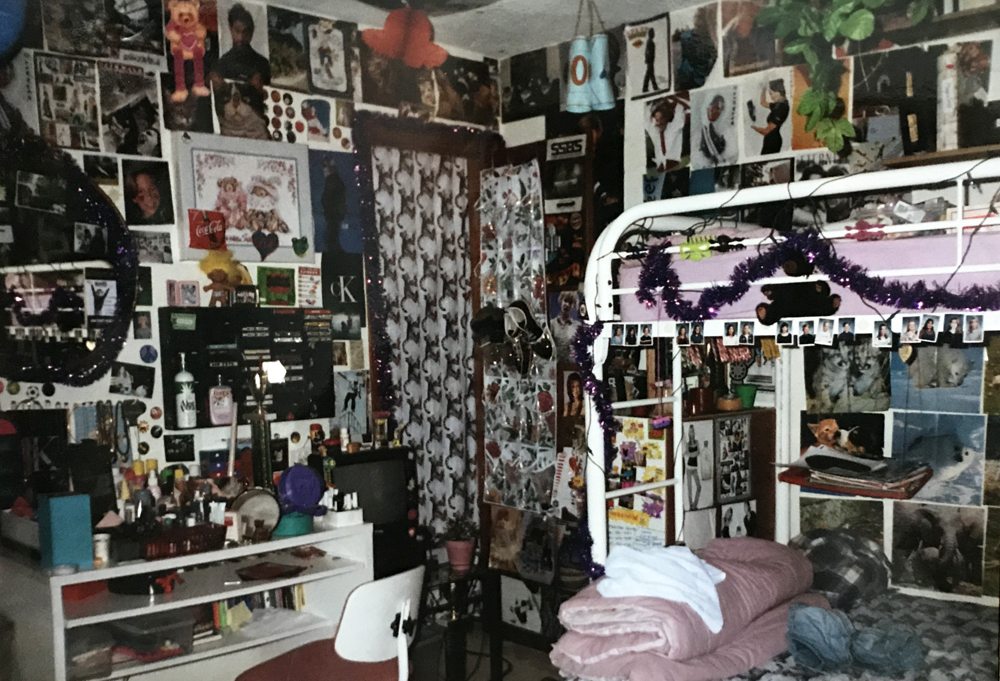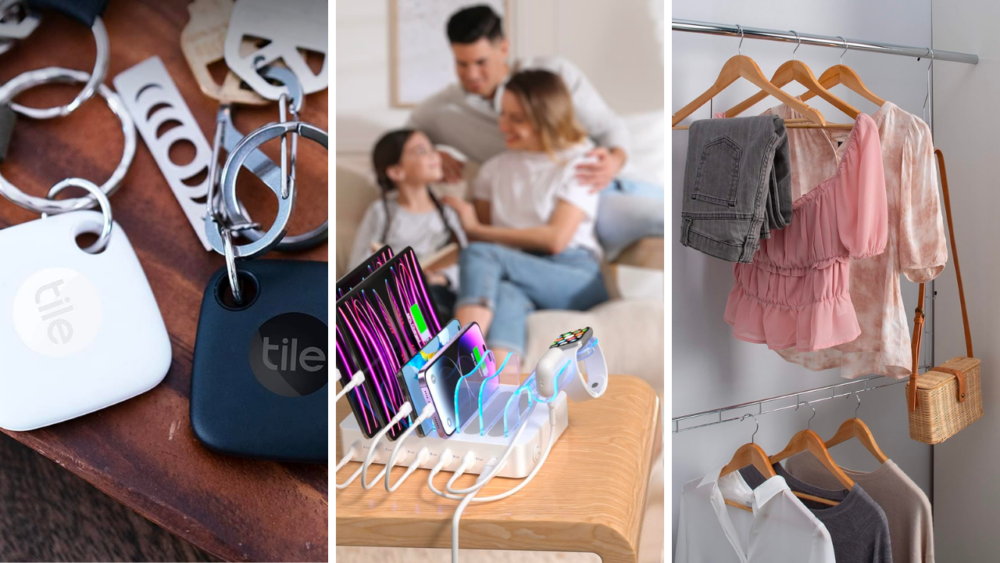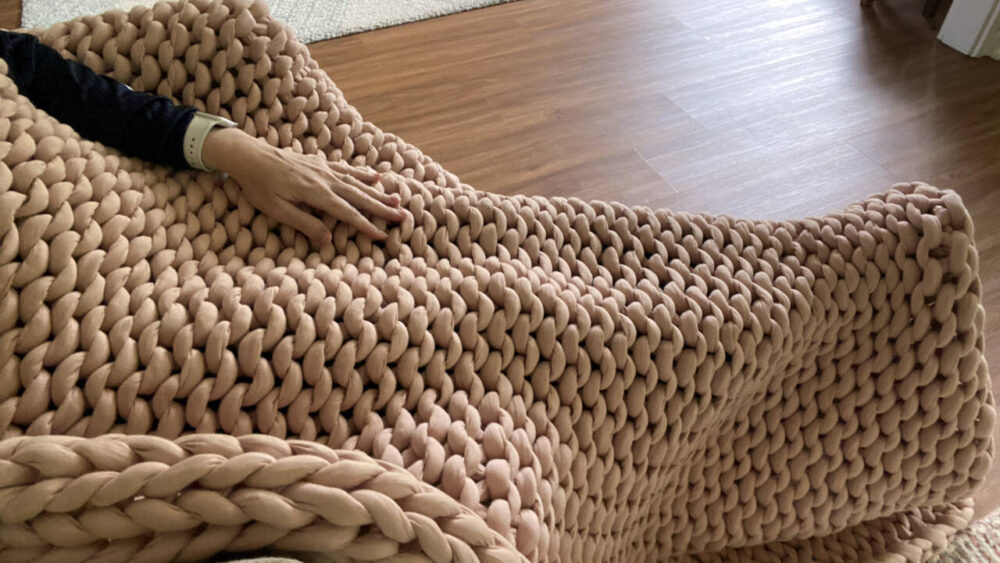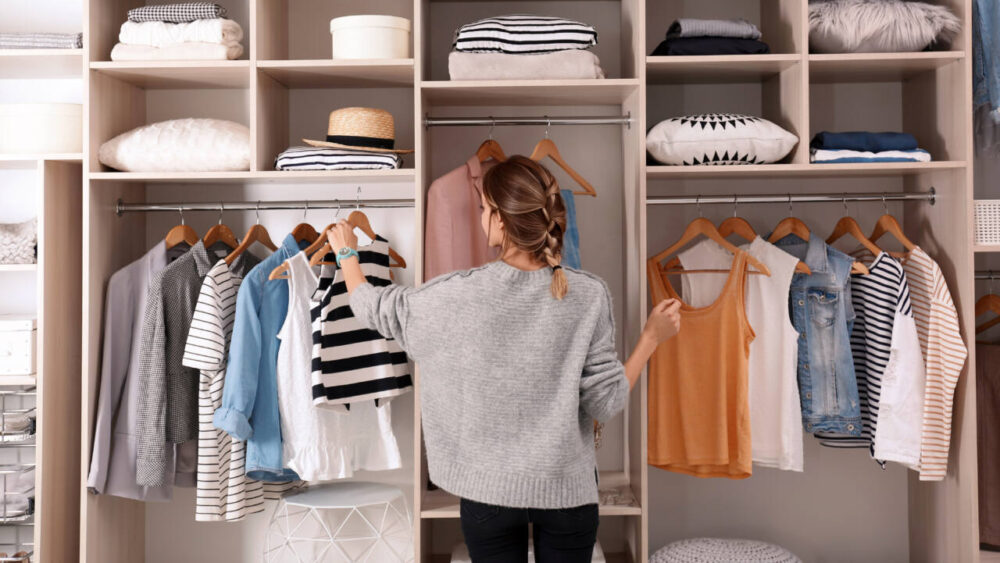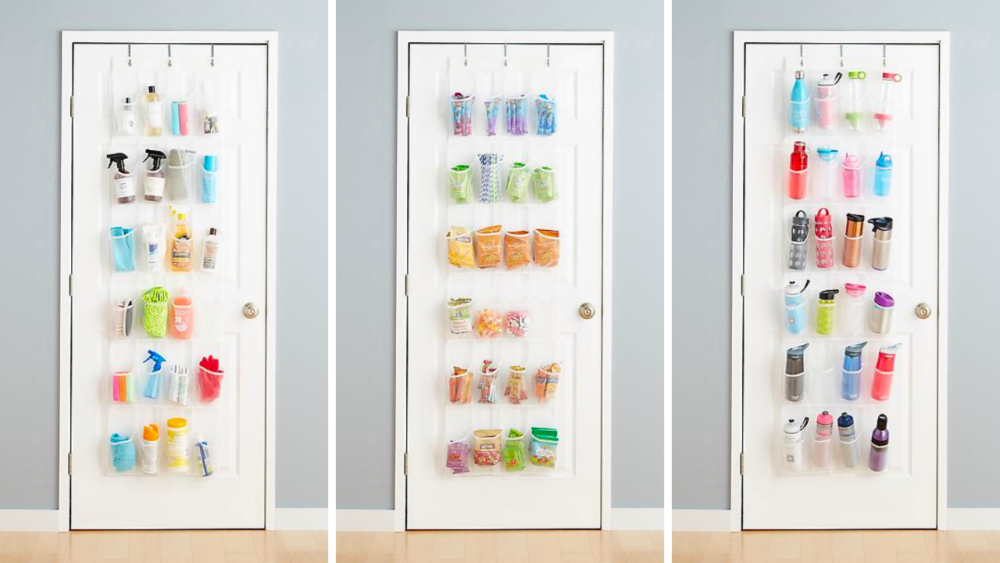Why I can’t deal with clutter—a mom’s perspective
I wasn’t always a neat person. In fact, growing up, I was quite the opposite. I loved having stuff all around me, and the more things I could stash into my teenage room, the merrier.
I’m not kidding. If there was even as little as an inch of space available, I saw that as an opportunity to add something to it. Walls, of course, included.
Don’t believe me? This was my room when I was 13:
But now, just looking at this picture gives me a rush of anxiety. While I’m not sure why, over the course of 20 years, I’ve gone from being a clutter fiend to being someone who cringes at the sight of it. Though I’m not psychologist, my guess is that this was just one way I felt comfortable expressing myself. To this day, I still have a unique taste in home decor. It’s just a more grown up version:
https://www.instagram.com/p/BP3GEkQhPx0/?taken-by=megan_fenno
My other theory is that having all of this stuff surrounding me was the one big piece of my life I could control. I grew up in Ohio until I was just shy of 13, at which point my dad decided he was going to return to school to get his Doctorate at Florida State. My family had to relocate, and I was devastated. But while I had no control over the situation, what I did have control over is my room. I filled it with mementos that reminded me of Cincinnati.
Fast forward to the present, where I am a wife, a mom and a homeowner. If I see one pillow out of place on the couch, a dirty dish in the sink or a random dirty sock kicked off by my son in the hallway, it must be addressed. Like now. Because if it isn’t taken care of, I start to feel an overwhelming sense of panic. Accompanied by the panic is also this strong urge to clean.
What makes it even worse is that I work from home. And so does my husband. So essentially, our home is our office, our sleeping quarters and the place where we spend roughly 90 percent of our lives. And when things are out of place, I become derailed, unable to focus on anything else.
Am I crazy?! Well, maybe. But I’m not alone.
Here’s How It Affects Us
According to Psychology Today, clutter can play a significant role in how we feel about our homes, our workplaces and ourselves. Clutter is said to bombard our minds with excessive stimuli, which ultimately cause our senses to work overtime. Which can be distracting, making it hard to focus on what needs to be done.
Clutter can also make it hard to relax, both from a physical and a mental standpoint. This is because clutter is constantly sending a signal to our brains that our work is not done. It creates feelings of guilt.
On top of all this, clutter can also bring up feelings of embarrassment, as when someone drops by unexpectedly and all you can think about is how your house looks as though a bomb filled with laundry and LEGO pieces just went off. Trust me. I’ve been there.
What I find most interesting, though, is that clutter can inhibit both creativity and productivity, the two things I need in order to get my job done. Sure, it makes me feel better knowing I’m not alone in this anxiety-induced battle against clutter but, at the same time, I’m still overwhelmed. It’s a constant battle.
How To Reduce Your Clutter-Induced Stress And Anxiety
Some sources of stress and anxiety are more difficult to control than others, but there are some tricks you can try:
Declutter Your Home As A Family
If it helps your anxiety, your family should be happy to help you declutter your home. Start in a room that everyone uses, such as the kitchen, and work in sections to organize. What I do when decluttering is create bins. Usually I have three of them and, if an item doesn’t belong where it is currently, it goes into one of the three bins: “throw away,” “‘donate” or “move somewhere else.”
Create Designated Spaces For Things
Tired of repeatedly removing your child’s backpack from the floor? Make a designated hook for it and make sure your child knows where it belongs.
One good point from Psychology Today is to make sure most of the designated spaces you create are closed spaces, like drawers, cabinets or closets. Because if you store too much out in the open (like on your kitchen counter), this won’t help reduce the visual stimuli that causes anxiety.
Put Things Back In Their Proper Place
If you take something out of its designated space, just make sure you return it when you’re done using it. Make this a rule for everyone in the house. From experience, this is one of those things that’s easier said than done.
Reduce Paper Pile-Up
Nothing gets me as anxious as a stack of papers where bills are mixed in with schoolwork, mail, memos, flyers and random post-its. What’s helped me recently is making a conscious effort to go through any paperwork that has been brought into the house every single night and either reading it and throwing it away or filing it. I have a small filing cabinet in one of my kitchen drawers. There’s a file for my son’s school papers and separate files for receipts, coupons, calendars and pending paperwork.
The process isn’t flawless, but it’s definitely helped.
What systems have you put in place to help keep your clutter under control?



